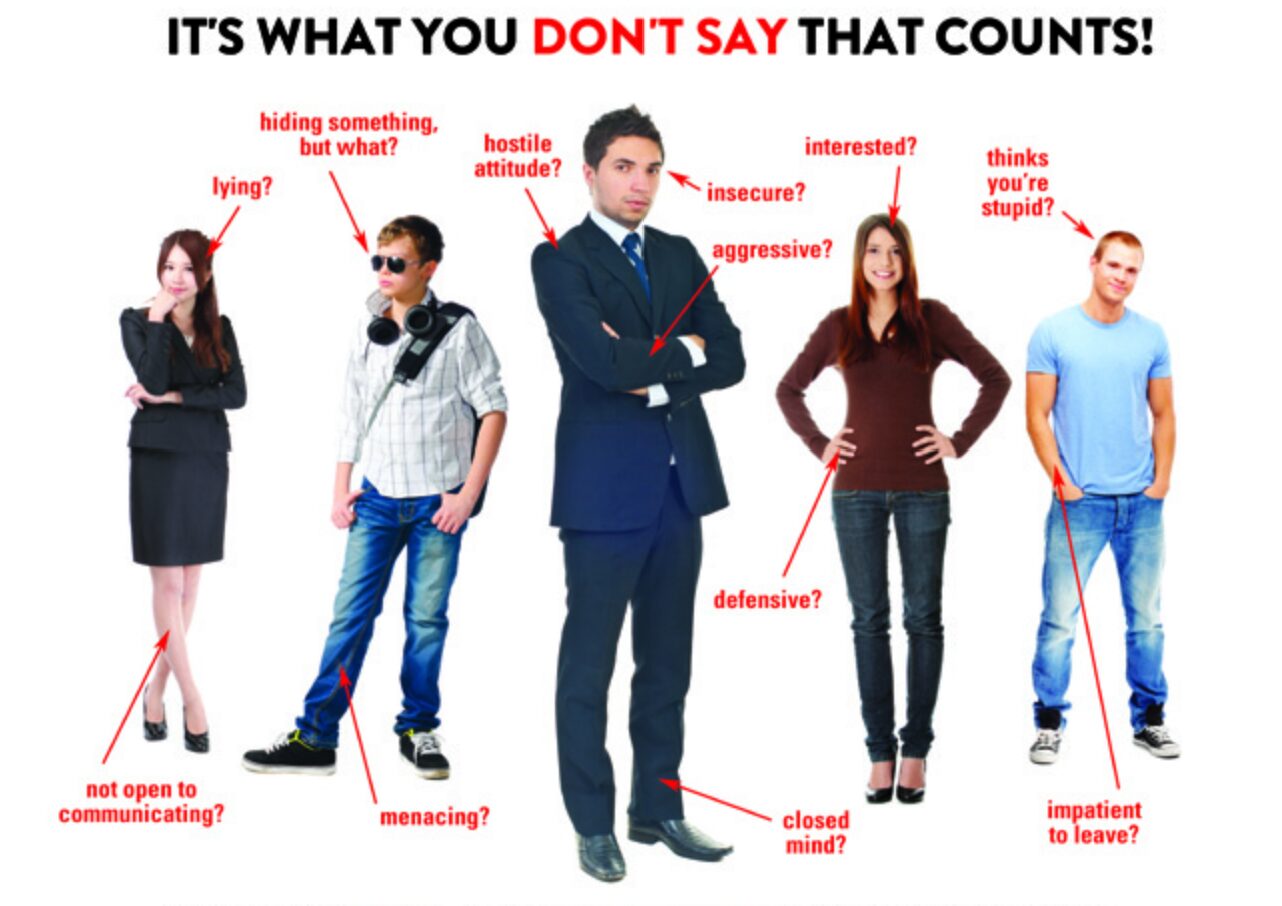Have you ever found yourself stuck in a never-ending conversation, desperately wanting to escape but unsure how to do it without being rude? We’ve all been there. Whether it’s at a work event, a family gathering, or even a chance meeting with an old friend, knowing how to end a conversation politely is a skill everyone can benefit from. In this article, we’ll dive deep into the art of ending conversations gracefully, giving you tips, strategies, and real-life examples that you can use in various social situations.
Why Ending a Conversation Politely Is Important

Have you ever considered how an abrupt or poorly timed exit can leave the other person feeling dismissed or hurt? Politeness is not just about being kind; it’s also about maintaining relationships, personal reputation, and social harmony. Ending a conversation gracefully helps you leave a positive impression, signaling that you value the person and the interaction, even though it’s time to move on.
Read Also Nigerian Powerhouse Breakfast – Dodo and Pap (Akamu)
Recognizing the Right Moment to End a Conversation

Timing is everything when it comes to ending conversations. But how do you know when it’s the right time? Pay attention to non-verbal cues like body language. Are they starting to glance at their watch, fidget, or lean away? Are there awkward pauses? These signals often indicate that the conversation is naturally reaching its end. Likewise, when you feel the discussion has run its course, or you need to attend to other matters, it’s time to consider making your exit.
Read Also Science Backed Strategies For Effective Fat Burning
Polite Phrases to Signal the End of a Conversation
Words matter, and choosing the right ones can make all the difference when ending a conversation. Here are some polite phrases you can use:
- “It was so great catching up, but I need to head out now.”
- “I don’t want to take up too much of your time, so I’ll let you go.”
- “This has been really interesting! Let’s chat again soon.”
- “I’ve really enjoyed our conversation, but I have to run.”
These phrases convey appreciation while gently signaling that it’s time to wrap up.
Body Language: The Silent Signal

Your body language often says more than your words. Subtle cues like angling your body slightly away from the person or stepping back can signal that you’re ready to move on. Nodding and smiling while starting to gather your belongings also sends the message that the conversation is coming to a close. However, be mindful of maintaining eye contact and using friendly gestures so that the other person doesn’t feel abruptly dismissed.

Whereas total neglect or being present in the conversation by your body language says you are not regarding the person. This would mean that you could be disrespecting him or her.
How to End a Conversation at Work

In professional settings, it’s particularly important to be tactful. Whether you’re in a meeting or chatting with a colleague, here are some professional ways to end a conversation:
- “I have another meeting to attend, but let’s touch base again soon.”
- “I’ve got a deadline to meet, but I’ll follow up on this later.”
- “Thanks for the great insights. I’ll take these into consideration.”
Always make sure to leave the conversation on a positive note and offer the possibility for future discussion if necessary.
Ending Conversations in Social Settings

Ending conversations in social settings, like parties or gatherings, can be tricky because you don’t want to come off as disengaged. A friendly and warm exit works best here. Try:
- “I’m going to grab a drink/snack. I’ll catch up with you later.”
- “I’ve enjoyed our chat, but I’d love to say hi to a few others before the night ends.”
- “This has been lovely, but I should go find my friend.”
These phrases allow for a smooth transition while still being sociable.
How to Exit a Virtual Conversation or Phone Call

With so many conversations happening over video calls and phone calls, it’s important to know how to end these politely too. Since you can’t rely on body language as much, here are some verbal cues you can use:
- “It’s been great talking, but I have to jump on another call.”
- “I’ve really enjoyed this chat, but I need to get back to work.”
- “Thanks for catching up! Let’s do this again soon.”
In video calls, you can also start slowly moving towards the ‘end call’ button while expressing your appreciation for the conversation.
Read Also The Dance Plague of 1518: When Joy Turned to Madness
Navigating Difficult Conversations
Ending a difficult or tense conversation requires an extra layer of sensitivity. You want to exit without escalating the situation, so try phrases like:
- “I understand your perspective. Let’s revisit this when we’ve had time to think it over.”
- “This is important, but let’s pause and continue when we’re both feeling more refreshed.”
- “Thanks for sharing your thoughts. I’ll reflect on this, and we can chat more later.”
These statements allow you to disengage while showing respect for the other person’s opinion.
Ending Conversations with Friends and Family
It’s easy to feel guilty when cutting off a conversation with close friends or family. However, it’s important to set boundaries without feeling bad. Try these approaches:
- “I love catching up with you, but I have to get some things done.”
- “I’ll let you go, but I’d love to chat again soon.”
- “I need to sign off, but it’s always great talking to you.”
Ending on a warm note lets your loved ones know that you appreciate the conversation but also need to move on.
Handling Unwanted Conversations with Strangers
Sometimes, you may find yourself in a conversation you didn’t want to engage in at all, like a chatty stranger in a coffee shop. Here’s how to end these conversations politely but firmly:
- “It’s been nice talking to you, but I have to get back to my work.”
- “I appreciate the conversation, but I need to be somewhere.”
- “I’m heading out now. Take care!”
These phrases help you maintain your boundaries without appearing rude.
How to End a Conversation with Someone Overly Talkative
We’ve all had that experience of talking to someone who just won’t stop. It can be challenging to find a way out without seeming impolite. Here’s what you can say:
- “I’d love to continue this, but I really need to attend to something else.”
- “This has been fascinating, but I’m afraid I have to go now.”
- “I appreciate your insights, but I have another commitment to attend to.”
By acknowledging the value of their conversation and providing a clear reason for leaving, you can exit with grace.
Using Humor to End a Conversation Lightly

Humor is an excellent tool for lightening up a conversation and signaling an end without awkwardness. You can use playful statements like:
- “Well, I think we’ve solved all the world’s problems for today!”
- “I’ll stop talking your ear off now. It’s been fun!”
- “I better run before we start a whole new debate!”
This approach keeps things light-hearted and friendly while still getting you out of the conversation.
When to Be Direct: Ending Conversations Without Guilt

In some cases, it’s best to be straightforward, especially when you need to end a conversation urgently or the other person isn’t picking up on your cues. Here’s how to be direct while staying polite:
- “I really have to go now, but let’s continue this another time.”
- “I’ve enjoyed this conversation, but I’m heading out.”
- “It’s been great talking, but I need to end our chat here.”
Being direct ensures that you’re clear without leaving the other person guessing.
How to Leave Group Conversations
Group conversations can be harder to exit because there’s more than one person involved. Here’s how to make a polite exit without disrupting the flow:
- “I’ve enjoyed chatting with you all, but I need to get going.”
- “I’m going to step out now. Have a great rest of the day!”
- “It’s been fun, but I’ve got to run. Catch you all later!”
These phrases allow you to leave while acknowledging everyone in the group.
Conclusion
Mastering the Art of Polite Conversation Exits
Ending a conversation doesn’t have to be awkward or uncomfortable. Whether you’re at a work function, in a social setting, or even navigating a difficult conversation, knowing how to end it politely is a skill that can improve your social interactions and relationships. By using the strategies outlined above, you’ll not only escape sticky situations but also leave a positive impression that could lead to stronger connections in the future.
Frequently Asked Questions
How do you politely end a conversation with someone who talks too much?
You can say, “I’d love to continue this, but I have another commitment,” or “This has been interesting, but I need to go now.”
What’s a polite way to end a business conversation?
In business settings, use phrases like, “Thanks for your time. I’ll follow up on this soon,” or “I need to attend to something else, but I appreciate your insights.”
How can I end a virtual conversation politely?
For virtual or phone conversations, try, “It’s been great talking, but I have to go now,” or “I need to sign off, but let’s catch up again soon.”
What’s a good way to end a conversation with a stranger?
You can say, “It’s been nice chatting, but I need to head out,” or “I’ve enjoyed our talk, but I’ve got to run now.”
How do I end a conversation without being rude?
The key is to be kind and appreciative. Phrases like, “It’s been lovely, but I need to get going,” work well for ending conversations without offense.


